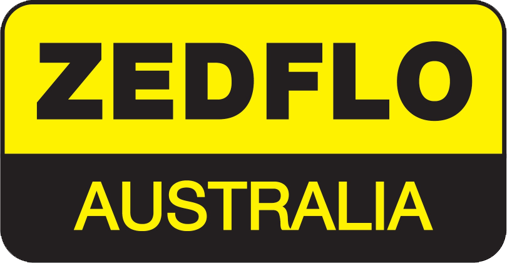Crunching the Numbers: How Much Math Do You Need to Become an Electrician?

A rewarding, hands-on career choice, becoming an electrician is more than just handling wires and circuit breakers. Although the profession doesn't require you to solve complex equations like a theoretical physicist, an aptitude for mathematics is undeniably valuable. Math permeates various occupations and the electrical trade is no exception.
So what skills do I need?
In addition to having physical stamina and technical know-how, electricians require a solid foundation in math. Mathematics is crucial in everything from estimating project costs to planning wiring routes, making it indispensable for the modern electrician.
The Role of Mathematics in Electrical Work
Electricians routinely use math in their daily tasks. When installing electrical systems, they need to measure and cut wires to exact lengths. They calculate electrical loads to ensure circuits aren't overloaded and determine the correct size of electrical components like breakers and transformers.
Mathematical Concepts and Theories in Electrical Engineering
Mathematics underpins key electrical theories and principles. Ohm's Law, for instance, is grounded in algebra. Understanding these concepts aids electricians in diagnosing and resolving issues swiftly and effectively.
Types of Math Used by Electricians
- Basic Arithmetic - The day-to-day tasks of an electrician involve plenty of basic arithmetic: addition, subtraction, multiplication, and division. These are vital for tasks like calculating power, resistance, current, and electrical load.
- Algebra - Algebra is essential for solving unknowns in electrical circuits and interpreting wiring diagrams. An understanding of algebra can help electricians troubleshoot issues and make adjustments where necessary.
- Geometry - Geometry aids in calculating angles for bending conduits and planning efficient wiring installation. It helps electricians navigate physical spaces and optimise the layout of electrical systems.
- Trigonometry - Trigonometry might seem unrelated to electrical work, but it plays a key role in understanding alternating currents and circuits. Knowledge of sine, cosine, and tangent functions helps when dealing with phase angles and waveform properties.
- Calculus - While not typically required for standard electrician roles, calculus can be beneficial for those working on more complex engineering projects. It can help electricians understand advanced principles, like electromagnetic field theory and complex power calculations.
How to Improve Your Math Skills
There are numerous resources available to brush up your math skills. Books like "Mathematics for Electricians and Technicians" offer subject-specific material. Online platforms such as Khan Academy, Coursera, and OpenLearn offer free math courses covering the basics to advanced topics.
Practice Makes Perfect
Like any other skill, math improves with practice. Regularly tackling math problems relevant to electrical work can significantly enhance your proficiency. Look for practice tests online or in trade textbooks to put your knowledge to the test.
At the end of the day, Mathematics is an integral part of the electrical trade. Whether you're bending conduits or calculating loads, your ability to crunch the numbers can make all the difference. Even if you're not a math enthusiast, don't let it deter you from pursuing a rewarding career as an electrician. With the right resources and consistent practice, you can acquire the necessary skills.
Ready to light up your career? Learn more about becoming an electrical apprentice with Electrical Group Training (EGT).












